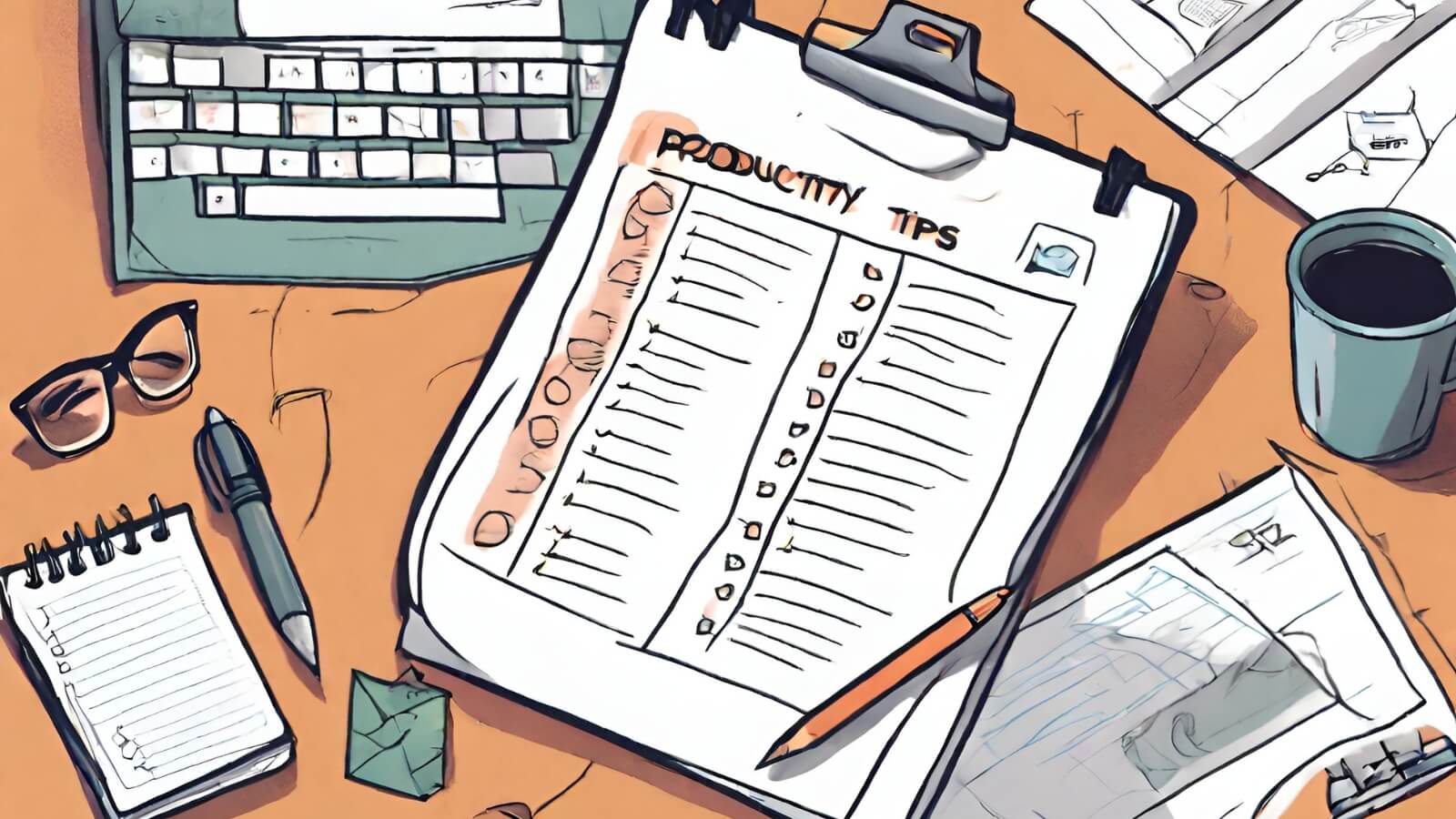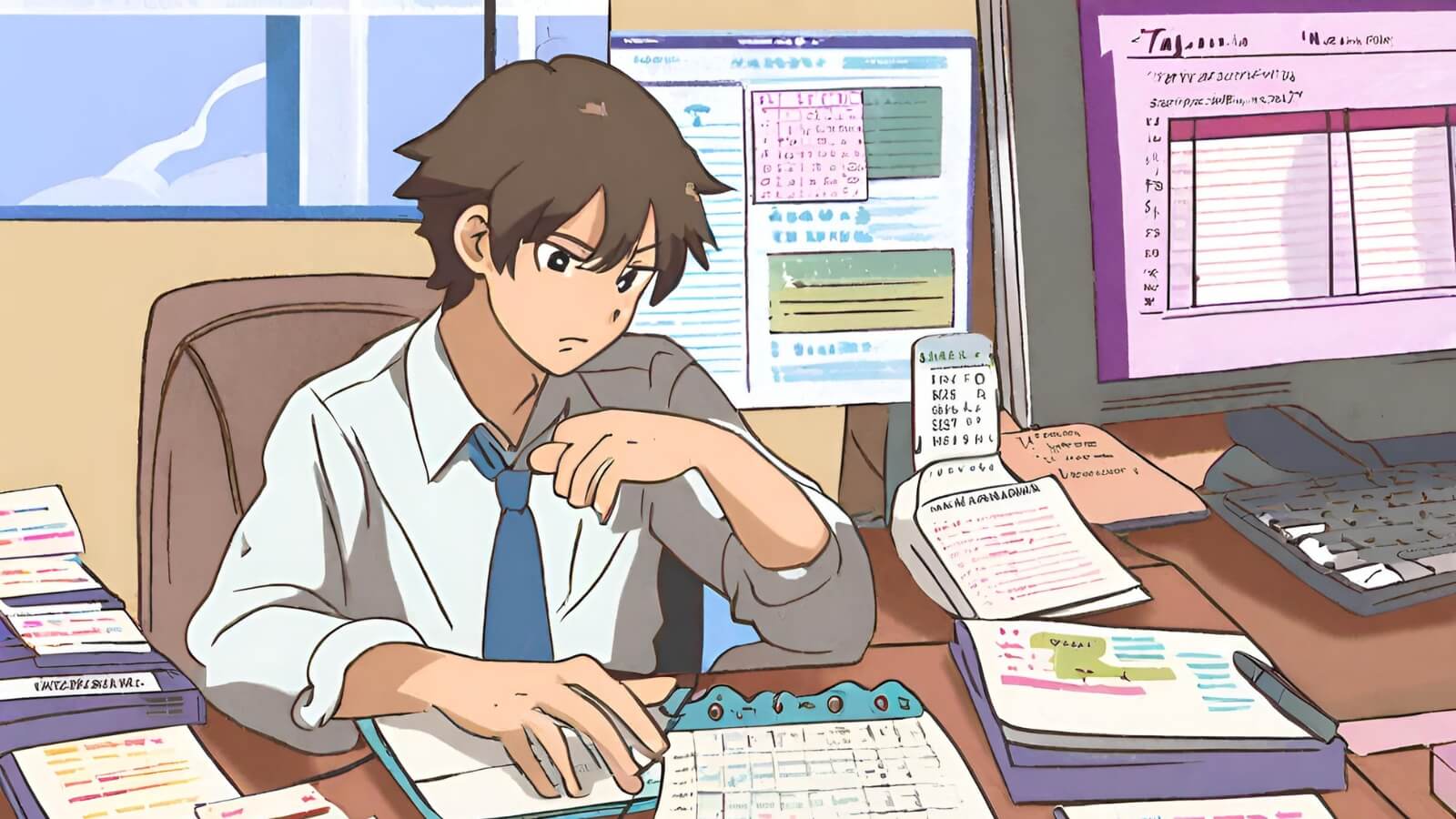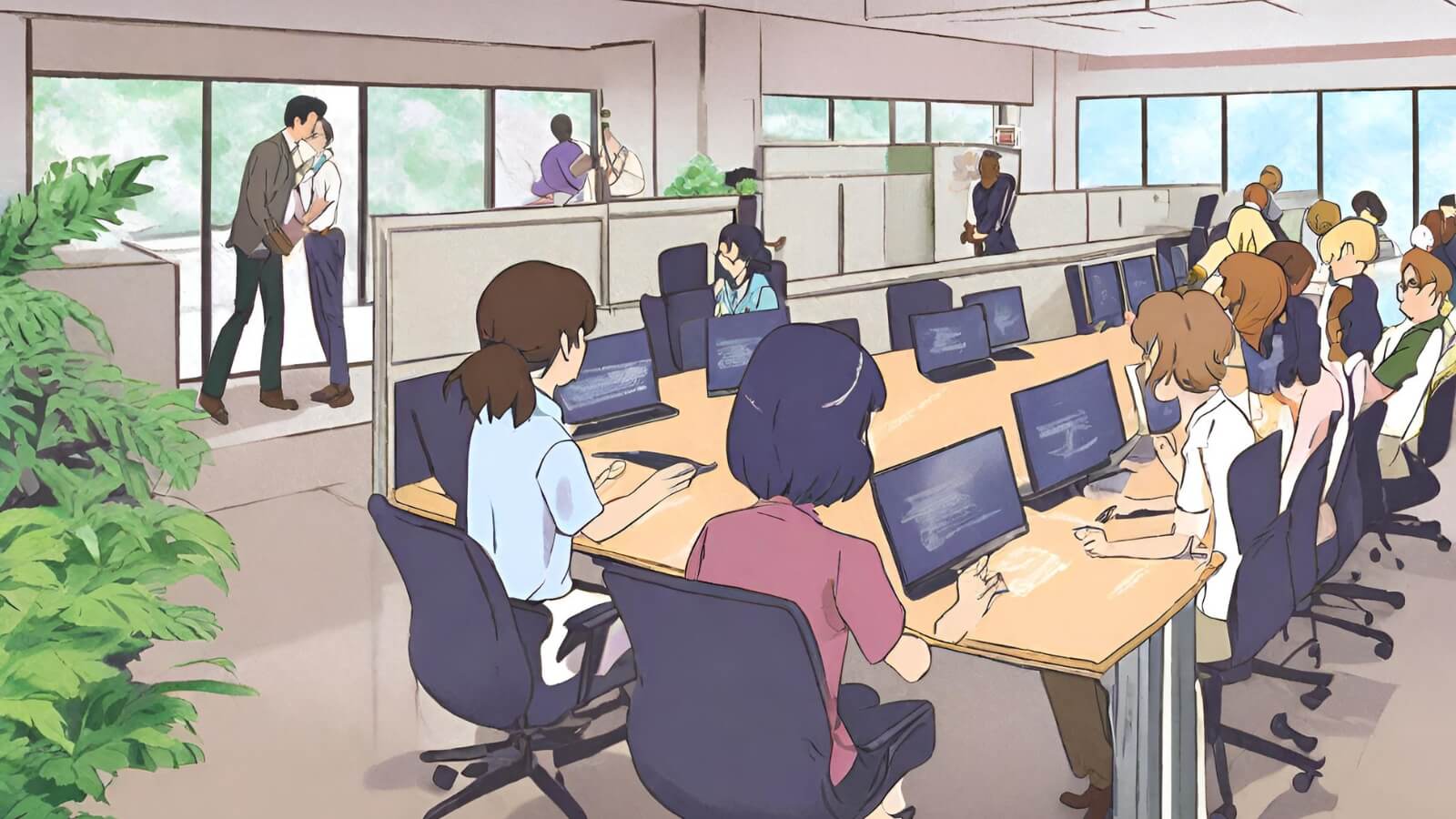Employees learn more through their daily work than they do in formal training courses. Helping your direct reports or team members learn through experiences, though, is easier said than done. This article is designed to offer tips and guidelines for creating and implementing on-the-job learning experiences for your team members or direct reports.
Healthy Relationship With Your Team Is a Must
Your attempts to develop your team through experiences will have little impact if it is conducted in the context of an unhealthy relationship. If you are viewed as inconsistent, unfair, or if an employee is dissatisfied with you, in general, your attempts to develop your employees will likely fall short. The first step in playing a constructive role in employee development is establishing healthy relationships with your direct reports/ team members.
Trigger Experiences That Develop Competence
Beyond channelizing employees to relevant training courses, as a manager, you can assist your team members/ direct reports in attaining their career development goals by offering them at work experiences that provide learning opportunities, both within and outside of their routine jobs. On-the-job experiences are one of the best tools to drive employees towards competence.
Your team members/ direct reports can improve their skills or leverage their strengths as they learn on projects or tasks that are part of their daily job routine. Assigning projects that foster development of niche skill areas can drive your team members/ direct reports towards completion of their development goals. In a nutshell, you have to engage with your team members/ direct reports to ?surface up? projects/activities that will trigger their career development, by looking at their job activity.
For example, an employee who is finding it difficult to cope up with project management may gain from managing an aspect of a team project on his/her own. Alternatively, you can create new opportunities or pass on existing ones for your team members/ direct reports to hone their competence by going through the rigor of stretch roles. Working through stretch positions can sharpen a part of skill or strength that an employee may not have developed otherwise.
You May Also Like To Read:?Career Lessons from Steve Jobs
Working on projects is one way to strengthen a developmental area. However, assigning projects geared to meet employees? development objectives by it is not enough. In essence, experiences do not promote learning in the absence of reflection. By not communicating with your employee throughout the course of a project?s cycle to discuss and guide to resolution any obstacles to completion, you put the project at risk and pass up an opportunity to develop or strengthen your employee?s skills. Once a project is completed, you should provide your employee with honest feedback, discussing what went right, what went wrong, and what lessons were learned.
Here are some of the examples of on job experiences, which you may wish to use for developing your team members or direct reports.
- Filling in for a manager on vacation
- Mentoring or onboarding a new employee
- Representing the team at a cross-functional meeting
- Managing a particular project from start to finish
- Making a temporary lateral move to another part of the organization
- Helping launch a new business, initiative, or program
- Helping turn around a struggling business
- Presenting the team?s work during a meeting
- Serving as a liaison between two or more functions
- Working on a challenging project or initiative
- Developing a new product or service
- Interviewing potential employees
- Teaching a process or course to the team or others
- Running a team meeting or briefing session
Questions for Post-Project Discussions
- A framework for this type of post-project, or ?after action,? review can include variations on the following questions
- What were we trying to do? Describe the objectives of this project and the goals the team hoped to accomplish.
- What were the actual results? Create a consensus around the performance.
- What were the differences between the results we wanted, the results we achieved, and how did this gap occur? Identify points during the project that caused the undesirable results.
- What do we do next time? Create a plan for similar projects in the future, incorporating the lessons learned and what can be done differently. This can also serve as a project plan for other teams engaged in similar projects.
Ensure Projects Generate Learning
Most learning occurs on the job. Research indicates that peer networks and on-the-job experiences account for a larger share of employee learning than classroom training. This means that managers must look beyond their organizations? training catalogs to develop their employees. By reinforcing these lessons, you are decreasing the chances that the same mistakes will be made on a future project, and you are ensuring that employees capture the lessons of the experience.
Jappreet Sethi











As I moved to a leadership position developing the team was one of the objectives given to me. I found it challenging, sometimes frustrating but also rewarding. I was looking for some clear actionable items for this and this post was very informative in that regard.
It’s a pity, in many ways, that some of these HR skills are filtered down through management to supervisors as well. All too often you see a well trained HR team’s efforts spoiled by a middle management team with short sighted goals and too willing to drive the workforce ‘come what may’ who are then surprised that their people do not perform. Would this be considered an HR problem for not guiding all management levels or just a case of pulling individuals aside and guiding the efforts more creatively?
HR leaders have to generate buy-in for change management, it’s a critical skill for HR professionals.